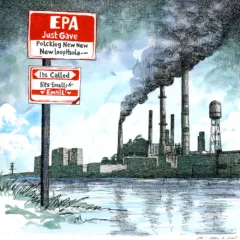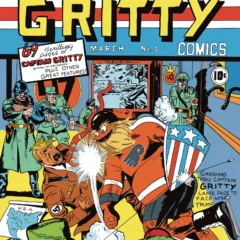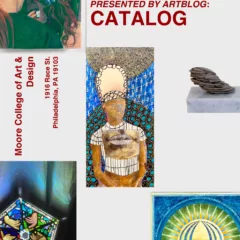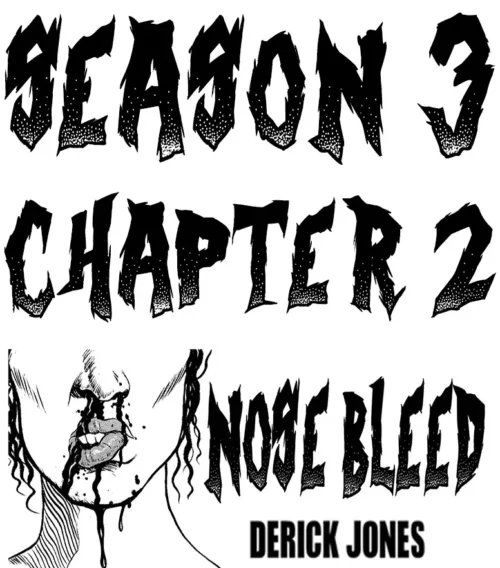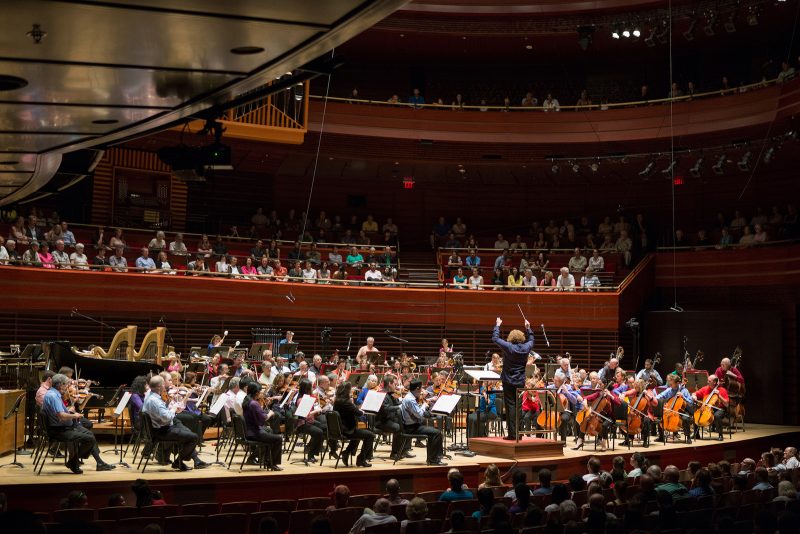
Eternity’s Music
By Samuel E. McLaughlin
Murmurs and echoes still call up, eternity’s music faint and far[.] -Walt Whitman
While I am sitting in the highest level of the Kimmel Center’s balcony, Debussy’s Engulfed Cathedral, made even more eternal by Stokowski’s orchestration, doesn’t ever begin but rather becomes audible, exists for several minutes, and then disperses. On Sunday mornings at Liturgy I sit in a small wooden church and I listen to untrained baritones intoning harmonies they had memorized before they could read. I hear the comforting words, in a language I do not understand, of an old man in a Carpathian village, a man whom I have never met, but whose face looks like mine. My father, whose face also looks like mine, gave me my first two guitar lessons, and a decade later I still sit in his living room four times a year and play songs that are half- remembered from childhood, and which only now belong to me, because I have had to make up words to the verses I do not remember.
Several months after hearing the Debussy prelude I am in the same hall, and this time I am singing. “Standing on a far shore, uncertain of the hour or day.” To this day I still easily recall Jeanne Minahan’s poetry, set so beautifully by Jennifer Higdon, which I helped to recite that evening. I am standing on the gentle embankment of the choir loft singing this piece which still flutters through my ears from time to time, and which is named A Word with God. These are not my words, they are not even the composer’s words; I am hopelessly separate from these words but somehow, I mean them. “I admit I’ve listened to the whistling of God.” It also becomes clear to me as I sing that the music that I heard from the opposite end of the hall several months prior is not over yet. As I make this new music, as I stand on this far shore and listen to this divine whistling, I am also looking down on the orchestra and seeing the same cathedral that rose out of the water at the command of Debussy.
How can I point at the stage in that concert hall, held together by a fragile wooden baton and say, “that is where the music is happening,” as if my fragile whispering breath as I raise my trembling finger is not part of the whole, as if I am not also standing at the edge of the water and looking down at the sunken cathedral, as if I am not standing on the far shore and staring into the face of everything that is larger than me? In the small wooden church, as I walk up the aisles and stumble through the chants, how can I not be walking side by side with that old man who shares my face, as he walks off of a boat in a new country, stumbling through a few memorized sentences in a language he does not understand?
I once read a story about a producer who said that what makes Bob Dylan a good singer is not that his voice is beautiful, but that it tells the truth. I have spent too much time learning and failing to sing pretty words in pretty melodies to forget that words must also be true to be anything at all; they must also be true to be music. As a 21st century musician I have many musical influences, but my musical love is the folk music of my country. These songs that I sang along to my father’s guitar before I could follow any of their meanings, these songs which I put away in a small wooden box and then later rediscovered in adulthood, untouched but fraying at the edges, these are the songs which are mine.
Dave van Ronk and Bob Dylan and Mississippi John Hurt may sing the same song but they all mean different things when they sing it. And when I pick up that fragile wooden guitar in my father’s living room on which I learned to listen and later learned to play, I sing that same song and mean something still different. In this music, there is no ownership, there are only words and melodies, from which anyone can take, and to which anyone can add. That which I add is just as much yours as it is mine, and the words that I’ve added are no more mine as the ones that I have inherited. So long as I sing them, and so long as I mean them, they are mine. And if you would like to sing them and mean them as well, you may.
The voice that I now call mine is one that grew up inside me, but which was fed and taught by all that surrounds me. It was nourished but also eroded by all the rivers that I have loved, scratched and bruised by the bitter words I have spoken to myself and which I would never speak aloud. The sound that escapes from my lungs as I begin a new song is not separate from the gentle breath which came before it. In the small wooden church, I am reminded that we do not talk with God as if by turning on a light-switch; we live our lives in a conversation with One who never began and will never end. And if Bach was right, and it really is this Eternal One who is making the music that emerges through us, then how can I say that the song I sing begins with the opening of my mouth, and ends with its closing?
Bio
Samuel McLaughlin is a composer hailing from Chester County, PA. He is currently
based in Philadelphia, where he is studying at Temple University’s Boyer College of Music and Dance. At Temple he has studied Composition with Matthew Greenbaum and Jan Krzywicki. As a composer he is inspired by a range of topics, particularly the natural world, history and spirituality. He is also deeply influeced by folk music, particularly the traditional music of the United States.In addition to composition, Samuel is also a performer of vocal and instrumental music. He has performed in Temple University’s University Singers and Early Music Ensemble as a vocalist and lutenist, and also enjoys performing folk and country music on the guitar and banjo. In 2019, he was chosen as the winner of Lyric Fest’s Young Composer Competition. His piece The Dismantled Ship was selected to be performed in Carol of Words – Walt Whitman in Song in April 2019, at performances in Haverford, PA and New York, NY.


